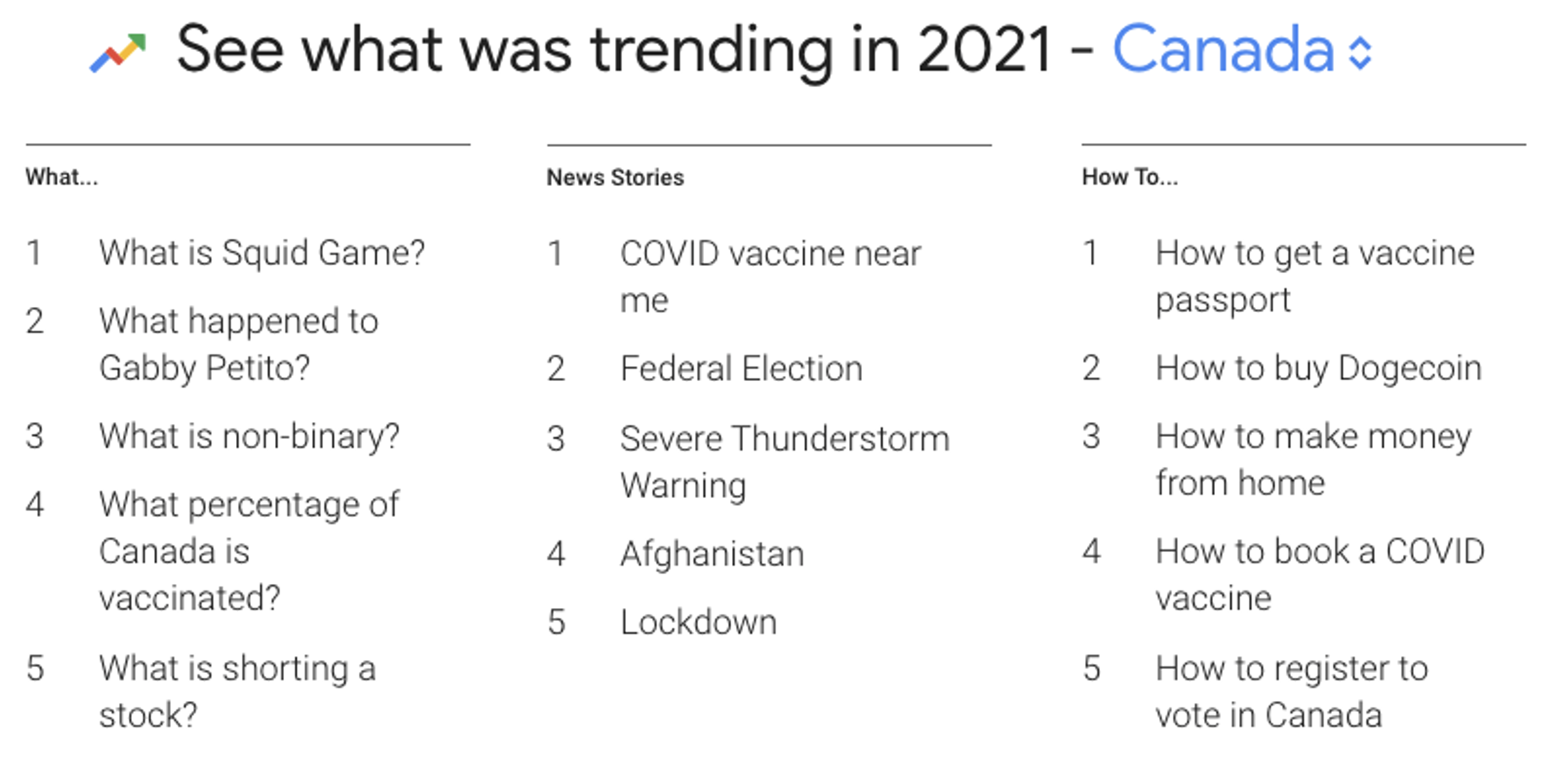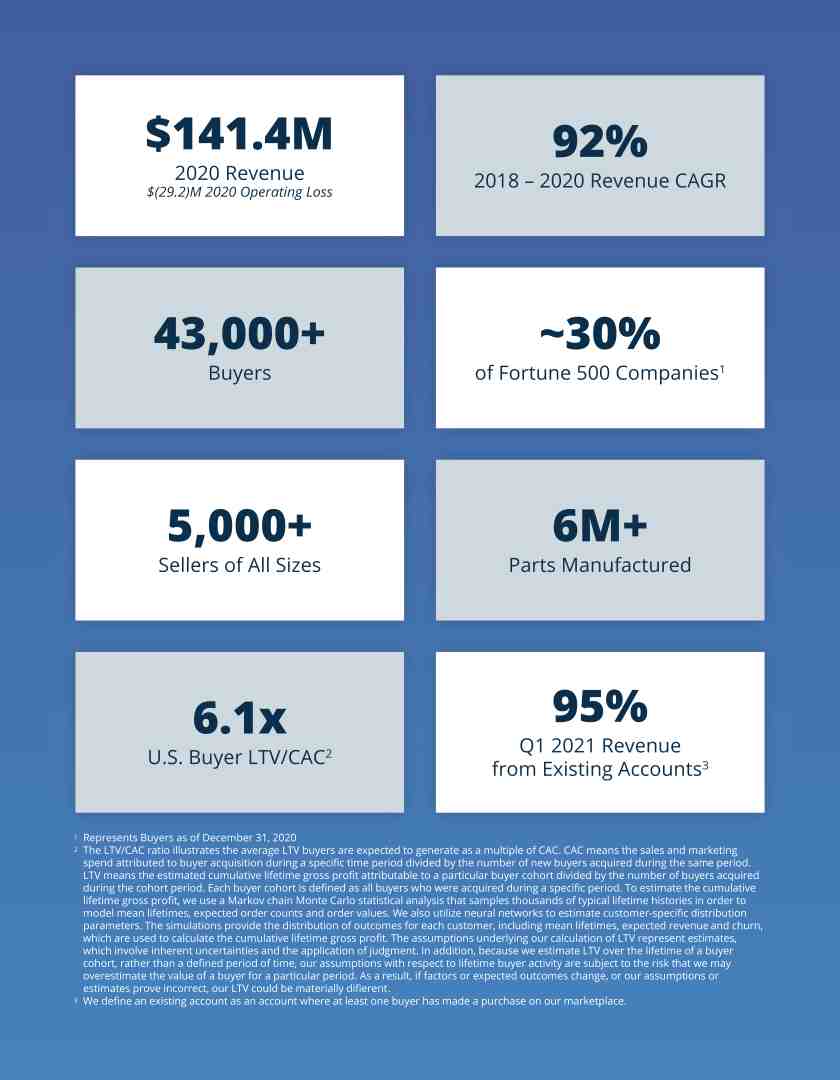“Our SEO program would be very successful if only the CIO was understood …”
As the executive responsible for managing, implementing, and monitoring the information and technology of your organization, the Chief Information Officer is an essential ally for SEO.
Having CIO support and understanding during the decision-making and prioritization process can greatly assist the CMO (Senior Marketing Officer).
Actually, this is not a relationship where you want to be the opposite. Instead, it needs to be asymbiotic.
Developing a strong relationship between marketing and performance-level technology is essential to creating rich, unique experiences that customers today are connected to.
According to analysts, more than 20% of marketing budgets are spent on technology, and one-third of marketing organizations already have a dedicated technology team.
How can you better understand your CIO SEO value and develop the closeness of this important link between them?
Here are a few search ideas you want your CIO to know.
1. The Impacts Of Page Speed & UX On SEO

The importance of the Essential Network and the renewal of the broader web experience underscores the importance of a fast, seamless search experience for searchers.
Google uses CWV metrics – Best Paint, First Import Delay, and Layout Shift Integration – to better understand the people’s experience on your site.
If you meet the minimum requirements for CWVs, you are meeting the Google page speed requirements.
Your site will not be penalized for failing to comply with Web Vitals Core metrics.
Instead, you may miss out on valuable opportunities to get further development that can help you overcome your search competition.
Make sure your CIO has access to the Essential SEO Technical Guide to develop appreciation as these support ticket requests automatically translate to increased visibility and site traffic.
Using a Content Delivery Network (CDN) can also help support your site’s SEO goals by transmitting content to geographically distributed servers near the radio.
These servers store information on your site so they can serve quickly and easily when needed, reducing page delays and loading time.
When CIOs work with SEOs and marketers, the impact of the business can be clearly seen.
This is especially true for Core Web Vitals, as research (launching of my company BrightEdge) recently showed this partnership could lead to 58% performance improvement.
Photo by BrightEdge, June 2022
2. Technical Site & CMS Errors Can Be Critical
Technical errors in your code and CMS (content management system) can cause all sorts of problems, from crawling block and prevention to indexing security issues, orphan websites, and duplicate information.
It can help your CIO and their development team to provide a way to prioritize your technical applications related to SEO.
Does this error prevent users from accessing the site or does it cause vulnerability?
Do not allow this to be buried in resettlement applications.
Helping your CIO learn about the most common types of technical errors that can affect an assessment will enable them to identify potential issues from applications from other departments.
Another important area where CIO and SEO come together is the utilization and implementation of AI (artificial intelligence).
This is where many CMS sums up.
AI can be used to improve on-site and customer experiences with smart content recommendations, SEO-friendly production, and quick fix of critical errors.
3. Security Implications Of Data And SEO
The CIO is very knowledgeable about safety and compliance issues – you do not need to study here.
What can help is show your CIO that you have in mind the security risks, too, and be careful to assess those risks before applying to their team.
The worst case scenario is the prevention of SEO CIO which has thus become a breach or other major issue attributed to the improvements requested by SEO or marketing.
Show your CIO that you are well aware of the spam SEO tactics that hackers use to inject code, implement harmful redirects, and otherwise deal with your site.
As we are in the midst of an explosive data growth revolution and Web 3.0, data compliance and user privacy are key to SEO, data scientists, and CIO.
Share your risk assessment when you make a request that can trigger the dev team’s eyebrows.
Be proactive and lead the discussion against improvement by showing the CIO that you are interested in security at all times as they do.
4. How Schema Works

Marking structured data is not a ranking factor but it helps search engines better understand what your site is about.
From there, it can help boost Value Sections by giving your brand more real estate and more functionality in the SERPs (search engine results page).
Schema is the type of search engine marking, including Google, Bing, and Yandex preferred.
Adding schema to your pages helps provide a context that enables Google to fit your site into a relevant query, making it an essential part of your SEO strategy.
Accurate integration and schema testing will become more and more complex, making your CIO understanding necessary for the business level.
It is worth sharing details of schema.org and pages like this where Google dives deep into the data of the structure.
You can automate the schema using the right technology.
However, hand checking and balancing should still be in place to make sure it is actually doing the job.
It only works if the meaning and context of your labeling submitted to the search engine are correct.
You may invite the CIO to sit at the table when deciding on the marking to be done automatically and what better to hand-mark, so that they understand what is being marked and why.
5. CRM Support Of SEO

Clients should be a priority for any CIO and any type of SEO platform.
As SEO becomes an item on the board room agenda making sure your CRM system helps manage your leads, and customer data is a must.
SEO professionals use CRM to transform sales prospects and improve their performance across the organization as well.
While different CRM systems have other objectives, it is imperative that the CIO help them choose the one that fits their SEO objectives and teams.
With the rise of CDPs (customer data centers), DAMs (Digital Asset Management), and DMPs (digital management environments), the role of the CIO is important:
Conclusion
Just as the relationship between CMOs and CIOs is straightforward, so is the SEO relationship. A successful customer experience on the web requires speed and feedback.
The seismic shift – and the interest in technical SEO – as the most cost-effective and long-lasting marketing channel means that CIO has become a central part of the SEO revenue equation.
Image courtesy: Panchenko Vladimir / Shutterstock
How much does SEO cost?
The average cost of a project-based SEO services ranges from $ 1,000 to $ 1 million and more. Small companies that use local SEO can spend around $ 1,000 per month for each project. Large, business-class companies can expect to pay millions of dollars a month.
Is SEO one-time cost? SEO is not a one-time project; it needs to be constantly updated, analyzed, and optimized to achieve the desired result. The contents and links must be updated regularly. This is why most business owners will be more than willing to provide a monthly provider of quality SEO services.
Can I do SEO on my own?
You can do SEO yourself completely or DIY SEO (Do It Yourself SEO). With some research and many activities, anyone can learn how to do SEO for their business. The quickest way to start SEO is to enter your URL here and then focus your SEO efforts on the recommended product.
How can I start SEO as a beginner?
Here are 21 things you need to know to be an SEO expert.
- Understand the basics of SEO. …
- Build Your Website. …
- Learn WordPress. …
- Search Google Analytics & Google Search Console …
- Read about SEO every day. …
- Understand How Search Engines Work. …
- Read Google Quality Rating Guidelines. …
- See SERPs.
Is SEO a waste of money?
SEO is not dead. It is not a waste of money, if and when it is done correctly. The grass does not turn green; it is greener than watering. If you take care of websites it will take care of you!
Can I do my own Google SEO?
How much does it cost to do SEO yourself?
| Type | Price |
|---|---|
| Cheap SEO | $ 500 to $ 3,000 per month |
| Central SEO | $ 3,000 to $ 15,000 per month |
| Top SEO | $ 15,000- $ 30,000 per month |
| SEO business | $ 30,000-1 Million per month |
Is it worth paying for SEO?
SEO is worth it if you have the right strategy and work with a partner who knows how to get results. About 93% of online experiences start with a search engine, and the near-average level of SEO leadership is much higher than that of traditional marketing. So, SEO provides incredible return on investment (ROI).
Is SEO a Waste of time?
Focusing on SEO to increase your traffic and the cost of building a real relationship with your audience is a waste of time. Worse, you can never know the SEO mistakes you are making until you get the basic SEO skills. You may be fined for keyword stuffing or building bad links.
Do I really need SEO?
It can help you boost your confidence, earn more traffic, and improve your online visibility. In addition, you will achieve all of these results by spending a percentage of the ad space. In addition, SEO is a great way to improve the overall experience of the target audience of your brand.
Is SEO worth it for website optimization in 2021?
So, is SEO still a good investment in 2021, and beyond ?! Short answer: YES! SEO is more important than ever! It is still one of the most powerful digital marketing strategies that leads to long-term results.
How much should I spend on SEO per month?
In general, most SEO experts will charge a recurring investment of $ 3,000 to $ 10,000 per month. A national or international SEO budget should never be less than $ 5000 per month and it is possible to start a local SEO campaign between $ 500 and $ 2500.
How much does SEO cost for a small business?
According to a survey of 1,200 business owners and more than 350 agencies, independent, and consultants, the average SEO value for Small Business is $ 501- $ 1,000 per month worldwide. The average SEO cost for small businesses in the United States is $ 2,501 to $ 5,000 per month.
What is the best SEO for a small business?
10 SEO Tips for Small Businesses
- Find the right keywords. …
- Focus on your personal offerings. …
- Do not overdo your site with keywords. …
- Build links to your site …
- High quality prints and much more. …
- Lack of community. …
- Make sure your website is relevant to users. …
- Measure the results
Is SEO good for small business?
If you are a small business trying to reach customers in your area, SEO is important because it enables them to find you first. 97% of people learn more about local small businesses than anywhere else (Source: SEO Tribunal).
What is difference between SEO and digital marketing?
SEO is a Digital Marketing Tool. Search engine optimization focuses primarily on web rankings. Digital marketing wants to promote and enhance the brand through various digital channels such as websites, social media, emails, etc.
Is SEO necessary for digital marketing? The Institute of Digital Marketing SEO consists of many elements, knowing what they are and how they work is the key to understanding why SEO is important. In short, SEO is important because it makes your site more visible, and that means more traffic and more opportunities to convert customers into expectations.
Which course is best SEO or digital marketing?
Best SEO Courses 2022
- Overall Best: Search Engine Optimization Specialist.
- Best Free Selection: Semrush Academy.
- Best Startup: A Startup Guide for SEO.
- Best of Advanced Training: Blueprint Training.
- Best Digital Marketers: SEO Training Course.
- Best Developers: An SEO Startup Guide.
Is SEO and digital marketing same?
Search Engine Optimization SEO is an integral part of digital marketing, and it is truly one of the best tools and methods to help websites achieve higher search engine rankings.
Which is best SEO or digital marketing?
SEO optimization is the most effective way to grow and expand a small business. 57% of B2B marketers believe that the SEO leadership generation is the highest compared to any other digital marketing strategy. Most customers these days, find local businesses online.
What is the difference between SEO and SEM in digital marketing?
SEO is sometimes used as an umbrella term including SEM, but because SEM refers strongly to paid ads, they are actually different. SEM is about getting traffic through paid ads, and SEO is about finding, monitoring and analyzing organic (unpaid) traffic patterns.
What is SEO and SEM and how it works?
SEO is search engine optimization which works to improve the appearance of a page and produce natural views. SEM is a search engine marketing that also improves the visibility of a website through ads, and website owners need to pay according to the number of clicks on their web ads.
What is the difference between SEO SEM and SMO?
SEO means optimizing a search engine. SEM means search engine marketing. SMO means the development of social media.
Is Google a SEO or SEM?
SEO (search engine optimization) refers to the practice of filtering your page to make it work better for search engines like Google. SEM (search engine marketing) refers to marketing activities involving search engines, such as SEO and click-through (PPC), local listings of search engines, and more.
Is SEO the same as digital marketing?
Search Engine Optimization SEO is an integral part of digital marketing, and it is truly one of the best tools and methods to help websites achieve higher search engine rankings.
What is digital marketing & SEO?
It is the process of getting free traffic, organic, editorial, or natural search results from search engines. Simply put, it is the name given to the task of trying to improve the rankings of search engines. In many respects, it is simply a matter of controlling the quality of the web.
Is SEO an example of digital marketing?
Examples of digital marketing include: Social Media Marketing (SMM) Search Engine Optimization (SEO) Search Engine Marketing (SEM)
What is basic SEO?
SEO refers to Search Engine Optimization and is the method used to improve the technical design of a website, the relevance of content and popular links so that its pages are easily accessible, relevant and popular in terms of user search queries, as a result, search engines value them better.
What is SEO and how does it work? Well, SEO stands for ‘Search Engine Optimization’, which is the process of getting free traffic, organic, editorial, or natural search results from search engines. It aims to improve the ranking of your web pages in search results pages. Remember, whenever the web is high, many people will see it.
What is SEO and why do I need it?
Search engine optimization, or SEO, is a strategy to improve your page rankings in search engine results. It involves identifying the key words and phrases that the target audience uses when searching for similar products or services, and then working out how to best perform those searches.
Do you really need SEO?
If SEO doesn’t suit someone “or at least, not now” then they deserve to know that. But if you want to spread your message or increase your revenue, then SEO may be what you need.
What is the reason for SEO?
Search engine optimization (SEO) is a method designed to improve a website’s ranking in search listings, and can be considered part of online or web marketing. The main purpose of SEO is to get high rankings on search engines which in turn creates more targets.
What is SEO and why it is important?
SEO stands for search engine optimizationâ € ”practice of increasing the number and quality of traffic on your web pages through natural search engine results. The ultimate goal of SEO for a business is to generate natural trafficâ € ”searches that click on your web pages in search engine results (SERP).
What is SEO in simple terms?
SEO stands for search engine optimization, which is a process designed to improve the appearance and placement of websites in natural search results.
What is the main function of SEO?
What is the purpose of SEO? The purpose of SEO is to increase the number and quality of internal traffic to your site. It benefits both the consumer and the business because it connects content searchers to their best interests. This means that customers get the information they are looking for.
What is SEO in easy language?
Search engine optimization (SEO) is the process of improving the quality and quantity of traffic to a website or website for search engines. SEO targets unpaid traffic (known as “natural results” or “organic”) rather than direct traffic or paid traffic.
What are the 4 types of SEO?
Here are four key types of SEO you can get started with.
- On-Page SEO. On-page SEO, also sometimes called on-site SEO, is a way of improving the content of your site. …
- Off-Page SEO. Off-page SEO is everything that does not happen on your site. …
- SEO techniques. …
- Local SEO.
What is the best type of SEO?
On-page SEO Effective on-page SEO is built with high quality, informative content. Itâ & # x20AC; & # x2122; s not just a little informationâ € ”the essence of a really good ranking is to solve problems that other pages do not solve (or, at the very least, solve those problems better than other available resources).
What 4 pillars are important in SEO?
The four pillars of SEO include SEO technology, content, site optimization, and offline SEO.
How do you do Google SEO yourself?
- Make your site interesting and useful.
- Find out what your readers want (and continue)
- Act in a way that builds user confidence.
- Be clear about your experience and abilities.
- Provide relevant content for your topic.
- Avoid distracting ads.
- Use links wisely.
Can SEO be done on your own? You can do SEO yourself completely or DIY SEO (Do It Yourself SEO). With some research and many activities, anyone can learn how to do SEO for their business. The quickest way to start SEO is to enter your URL here and then focus your SEO efforts on the recommended product.

